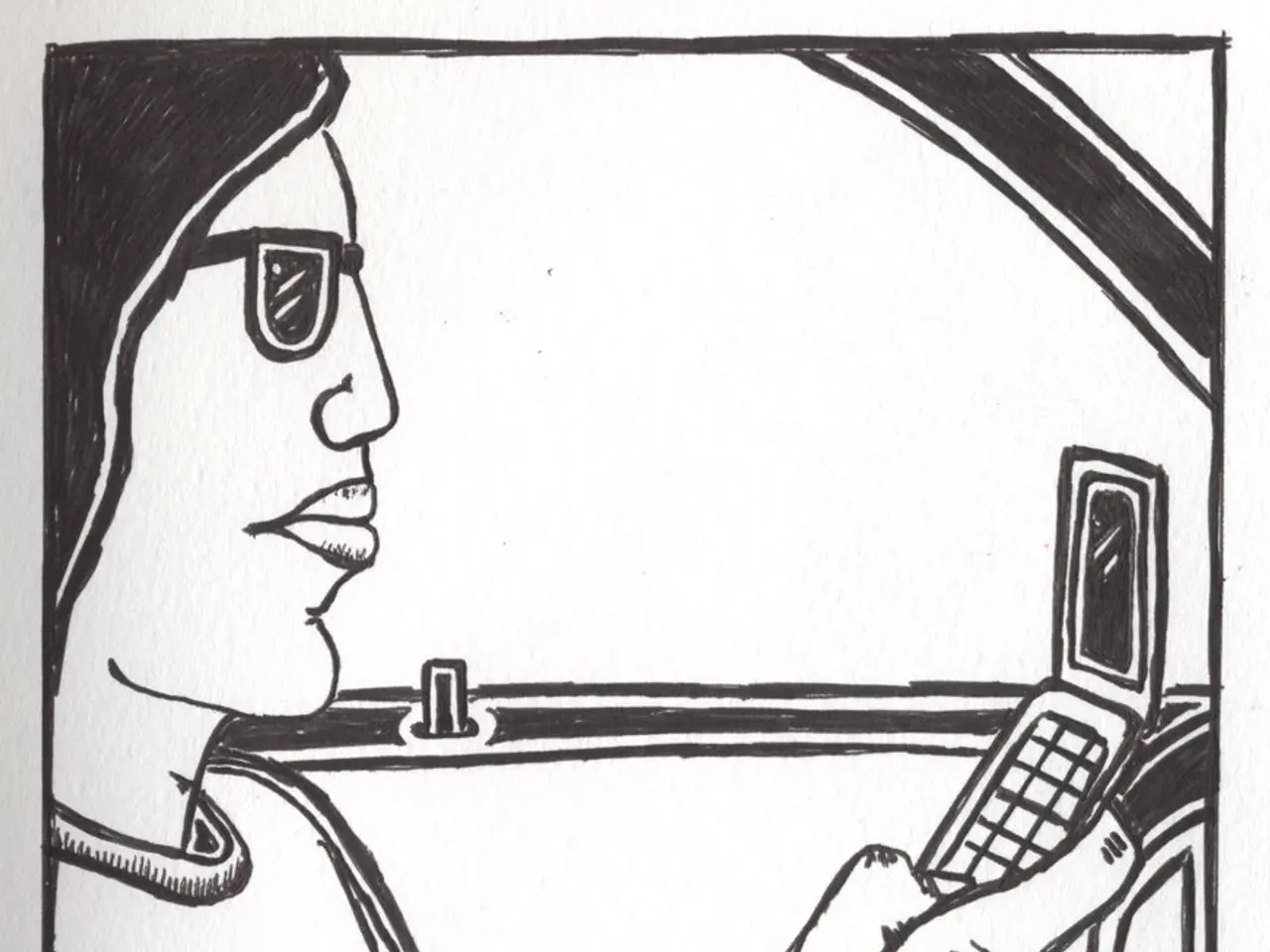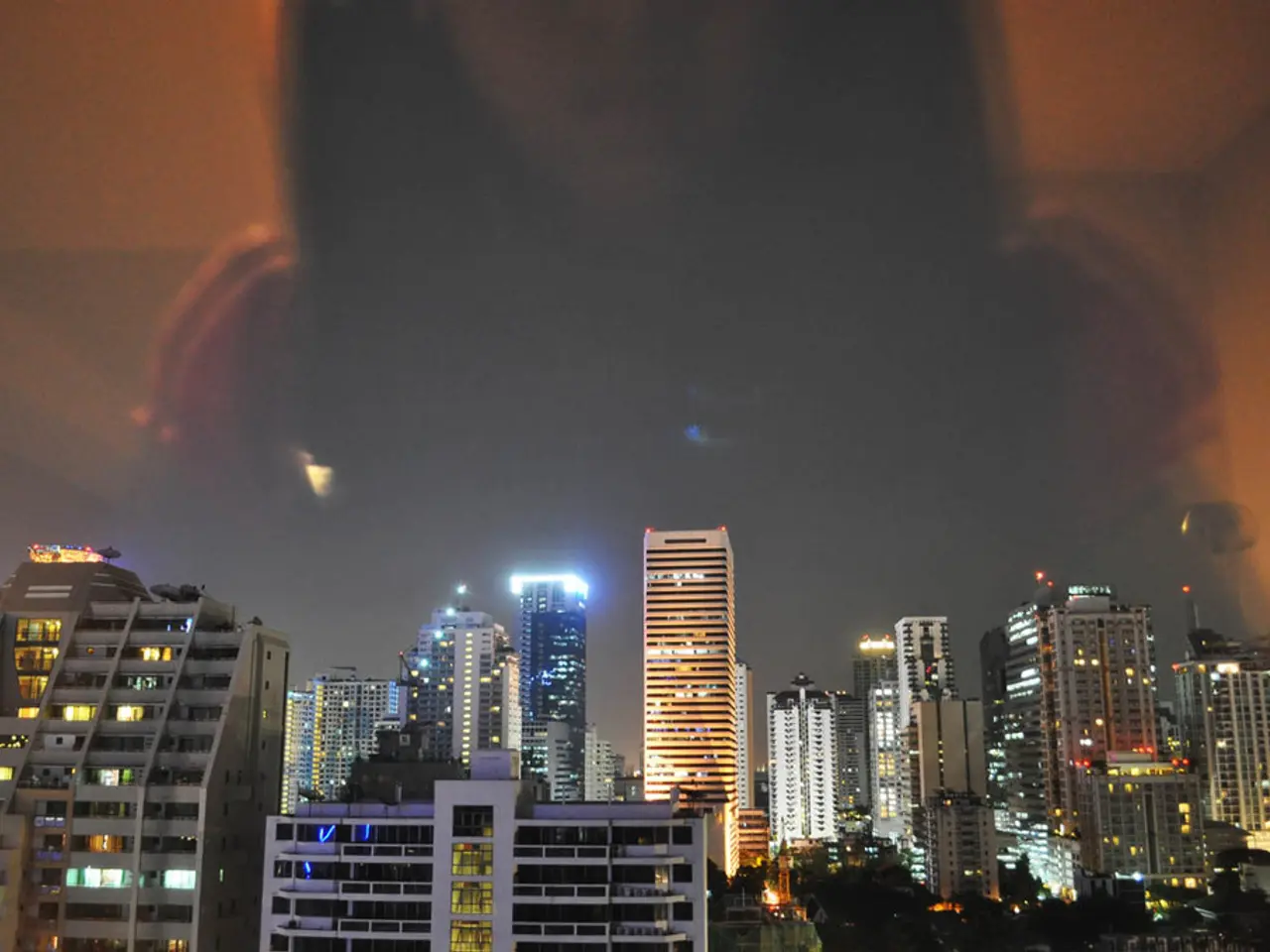Investigating the Spread of Misinformation: Are X's Community Notes at the Heart of the Issue?
Twitter's Community Notes, a feature designed to add crowd-sourced context to potentially misleading content, has come under scrutiny due to several issues that hinder its effectiveness in reducing misinformation.
The United Nations has called for a reversal of the sanctions imposed on UN Human Rights Council special rapporteur Francesca Albanese. The sanctions, initiated by the US government, were a response to Albanese's campaign of political and economic warfare against the United States, as stated by US Secretary of State Marco Rubio. However, Albanese, an international lawyer who studied law, has consistently denounced Israel's actions in Gaza since October 2023, as well as the Trump administration's efforts to suppress dissenting voices critical of Israel.
Critics have highlighted that Community Notes can be exploited by coordinated groups or state actors to spread disinformation or suppress certain viewpoints. A significant portion of submitted notes remain unpublished or stuck in review limbo due to algorithmic thresholds or lack of consensus, limiting the system’s effectiveness in flagging falsehoods promptly.
Moreover, Community Notes themselves have been found to convey incorrect or misleading information, raising doubts about their reliability as a fact-checking tool. Research from Cornell University has shown that notes on inaccurate posts on Twitter help to reduce reposts and increase the likelihood that the original author deletes the post. However, the overall frequency and influence of Community Notes have diminished, reducing their role in combating misinformation as other strategies from the platform take priority.
Alexander von Humboldt Institut für Internet und Gesellschaft, a research institute based in Berlin, analyzed nearly 9,000 community notes in the run-up to Germany's federal elections and found that community notes follow political patterns. This raises concerns about potential bias in the application of notes.
Poynter's Mahadevan explained that people may be gaming the community note system by creating new accounts to upvote certain viewpoints and get those notes published. This practice, if widespread, could further undermine the credibility of the Community Notes feature.
In a study by the Digital Democracy Institute of the Americas (DDIA), it was found that while the speed of community note publication has improved, it is still too slow to help stop the spread of disinformation, with falsehoods spreading within hours.
As platforms like Meta and TikTok now copy Twitter's community notes model, the risks are growing. These systems depend on ordinary users having the skills to fact-check complex claims, but without sufficient safeguards, such systems risk amplifying misinformation instead of stopping it.
Experts warn that as we live in a very media-illiterate society, people have a tough time determining what's a trustworthy source. Therefore, relying solely on user-generated notes for fact-checking may not be an adequate solution to combat misinformation effectively.
In conclusion, while Community Notes aim to add crowd-sourced context to potentially misleading content, they face significant challenges from manipulation risk, inconsistent enforcement, questionable accuracy, and diminishing impact, raising concerns about their overall efficacy in reducing misinformation on Twitter.
- The UN has expressed concerns over the sanctions imposed on UN Human Rights Council special rapporteur Francesca Albanese, suggesting a reversal.
- Secretary of State Marco Rubio from the US government alleges that Albanese waged political and economic warfare against the United States.
- However, Albanese, an international lawyer, has been critical of Israel's actions in Gaza and the Trump administration's suppression of dissenting voices.
- Twitter's Community Notes, designed to combat misinformation, have come under scrutiny due to several issues, including potential exploitation and questionable accuracy.
- Reseach from Cornell University shows that Community Notes can help in reducing reposts and deleting incorrect posts on Twitter, but their overall frequency and impact have diminished.
- As platforms like Meta and TikTok adopt the community notes model, concerns grow about the risks of user manipulation and amplification of misinformation.




